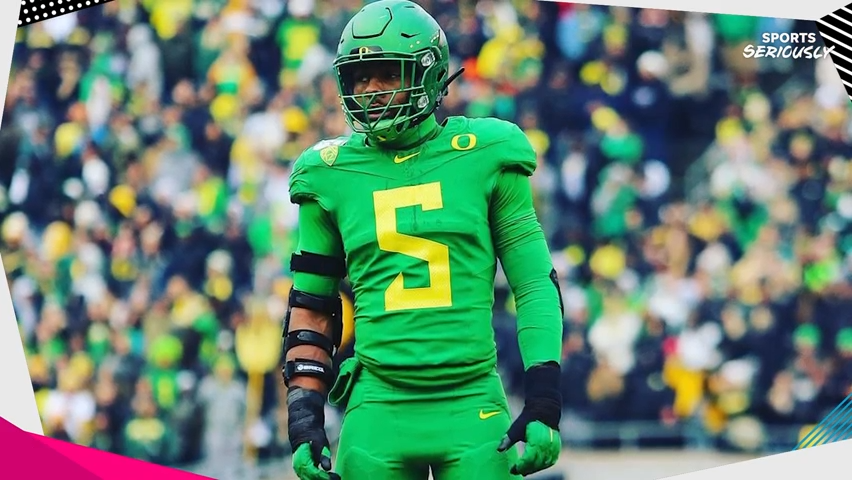How Native women activists fought racist Washington team nickname and won | Opinion

Crystal Echo Hawk is a name you may not know but she, and other activist Native women, embarked decades ago on what was deemed an impossible mission: eradicate the racist Washington team nickname that had existed for 87 years.
It was seen as an unwinnable fight but two years ago, something incredible happened. They were victorious.
The story of Echo Hawk, and the other women who helped force Washington to change its name to the Commanders, is both wondrous and frustrating. The former because their story exemplifies the strength and resilience of Native women, and frustrating, because so much of their role in the changing the name has been forgotten. In the same way much of the overall history of Native women has been erased or ignored.
"To our women, this was deeply personal," said Echo Hawk, speaking of the effort to change the nickname. "We are the original people of this land, and we had to see, every Sunday, that spectacle of racism. The fall of that name showed it's not okay to play Native on the field. No one wants their family, their children harmed."
"We worked as moms, aunts, grandmothers to end that damaging nickname," she said.
NANCY ARMOUR: Suspending Calvin Ridley for betting on games also reflects poorly on NFL
WINNERS AND LOSERS: Franchise QBs (Aaron Rodgers, Russell Wilson), franchise tags make news
There are a number of reasons why Washington dropped its nickname, including the racial reckoning that took place in the country after the murder of George Floyd.
But there's no question the smarts and persistence of Native women played a huge part.
Echo Hawk founded IllumiNative, which pushes to transform negative stereotypes of Indigenous people. She's the group's chief executive officer and her organization was one of the key advocacy groups that pushed Washington to change the name.
When that happened in 2020, IllumiNative was composed of six women and one man.
"It was incredibly emotional," Echo Hawk said, remembering when she first heard of the nickname change. "In the moment when the news broke, it was like being stunned.
"It was also not just about that moment, it was about the years of fighting, and our elders who fought before me for decades and decades."
It's not that men didn't contribute to the fight against the nickname. They did. It's just that the story of the Native women who fought this battle has rarely been told.
"The footprint of Native women is long in this story," said Echo Hawk. "It cannot be underestimated."
Some of those footprints belong to other Native women you may also not know. One of them is Carla Fredricks.
She fought the nickname for 15 years and one way she did it was by addressing the heads of companies, such as Nike and FedEx, among others, asking them to stop doing business with the team if the name didn't change.
Fredricks was a big part of the push to get the backing of businesses representing more than $620 billion in assets. FedEx eventually asked the team to change its name and Nike and PepsiCo soon followed.
This was one of the major moments in the history of the fight. In many ways, it changed everything.
“I really felt that once FedEx made the request that the team change their name that the change was imminent,” Fredericks told the Boulder Daily Camera in 2020.
There's also Susan White, who even before Fredericks and Echo Hawk, was fighting to end the nickname.
“We are the only race of people dehumanized by an NFL team,” White, director of the Oneida Trust of the Oneida Tribe of Indians of Wisconsin, told FedEx shareholders in 2014. “Washington Redskins is the most egregious.”
FedEx at the time ignored White but eventually Native women wouldn't be.
There are other Native women who fought alongside Echo Hawk, Fredricks and White. They picketed at the Super Bowls and endured the racist taunts from fans who wanted the nickname.
Another significant moment, unfortunately, was the murder of Floyd. Companies started looking internally to see if they were part of the problem of racism in America. Not out of the goodness of their hearts, but because the public, and the Black Lives Matter movement, demanded it.
"After the murder of Mr. Floyd," said Echo Hawk, "the country started talking about racialized brands like Aunt Jemima."
The racist nickname became a part of that overall discussion.
What some never failed to understand about the mascot, says Echo Hawk, is it wasn't just the damage the nickname itself did to Natives, it was the reaction of opposing fans to the nickname as well. Fans that didn't like the Washington team would say even more degrading things about Natives using the mascot as fuel.
"There was an ecosystem of hate that spanned out from that name," she said.
When Echo Hawk worked with pollsters in 2016, she was told they'd never win on the issue, since polls showed 60% of Americans supported the nickname.
"Dan Snyder said he'd never change it," said Echo Hawk. "Then look what happened."
It changed ... thanks in large part to Native women.